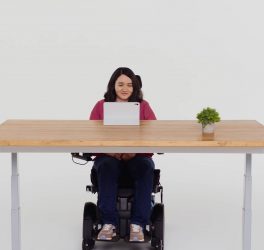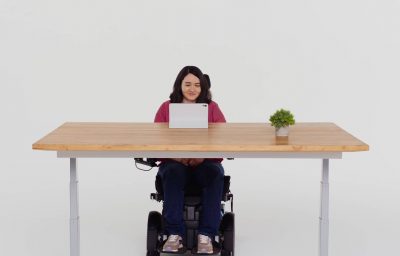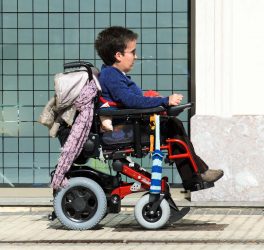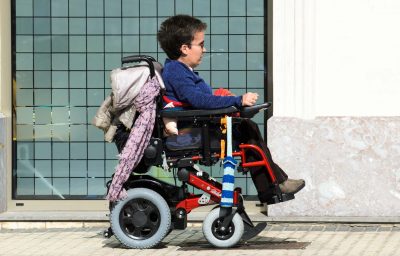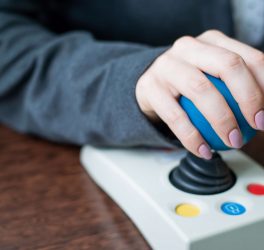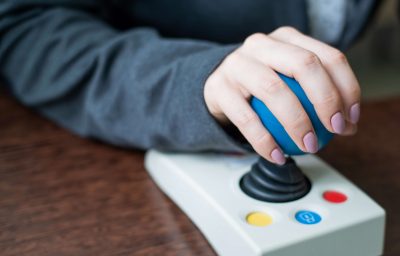A Simon Fraser University (SFU) mechatronics graduate has designed 3D-printed humanoid robot fingers that mimic the strength and tenderness of a human hand. For people with mobility disabilities, robots equipped with these flexible fingers could prove important companions or tools for independent living.
“In this field, called soft robotics, we take inspiration from nature to create materials for robots that can safely interact with humans,” says Manpreet Kaur, who developed the 3D-printed humanoid fingers as part of her recent PhD thesis, supervised by mechatronic systems engineering professor Woo Soo Kim. Kaur graduates this month, after successfully defended her thesis in April.
Today’s commercially available robots are often made with hard materials that, when used improperly, could scratch or impale their human operators, or are simply uncomfortable to interact with. Conversely, many of the materials that make up so-called soft robots—such as inflatable or jelly-like robots—may be too soft to carry loads and can be easily punctured with regular use and human interaction.
“We need something that takes advantage of the flexibility and gentleness of those soft materials but is also strong and durable enough to complete different tasks,” Kaur explains.

